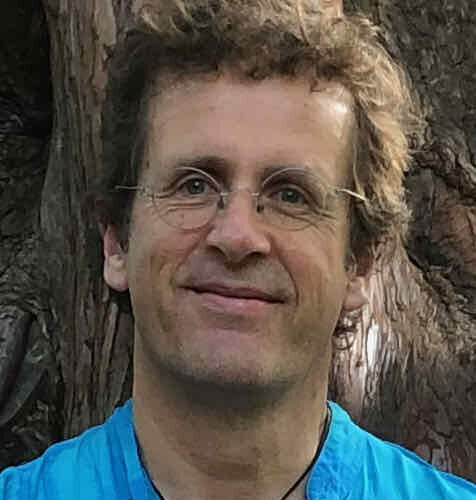Blake Poland

Blake Poland
Associate Professor
Dalla Lana School of Public Health
“As a long-time practitioner of and believer in community-based research, I have explored the integration of CEL into my teaching, albeit with caution, as I am mindful of the practical limitations imposed by single-term courses, evaluation requirements, the burdens on underfunded community-based organizations, power imbalances between university and NGO sector, and the need to constantly monitor the flow of costs and benefits. In GGR434 Building Community Resilience we have worked closely over a number of years with CREW (Community Resilience for Extreme Weather), Rooted and Rising (supported at one point by a seed grant), and C3 (Centre for Connected Communities), as well as briefer single-term collaborations with St Jamestown’s OASIS initiative (community education/engagement), and the HVRA (development of a neighbourhood resilience plan for a local resident’s association). In CHL7001 Public Health Perspectives on COVID-19, we featured video-recorded interviews with community activists and those on the front lines of pandemic response as a regular component of the course, to complement (and contrast with) official public health authorities. In the Vernissage Health leadership mentorship program, we brought healthcare system leaders together with IHPME students for a 6-part dialogue series (described in Nelson et al, 2020). A parallel series brought together seasoned community activists and change leaders with students in the Collaborative Specialization in Community Development, focusing on mentorship for transformative social change. All these engagements emphasized opportunities for shared learning, mutual respect, and clear community benefits beyond student learning.”
Blake Poland
